Right now, 25,000 representatives from around the world are gathered at the 26th United Nations Climate Change Conference of the Parties (COP 26) in Glasgow, Scotland, to avoid a climate catastrophe. A few weeks ago, China hosted a global conference in Kunming, Yunnan province, focused on averting the catastrophic loss of nature.
Both climate change and biodiversity loss are very real threats that require a strong and unified global response. Given the complex geopolitical situation, it is really heartening to witness and be a part of the ongoing positive cooperation between the European Union and China on climate and environment.
This cooperation is bearing tangible fruit. Last month, a joint EU-China communique was released that contains breakthroughs on key issues, such as tackling global deforestation, greening supply chains, strongly implementing rules for the global biodiversity framework, and new areas of climate cooperation, including transitioning away from coal, phasing out fossil fuel subsidies and reducing non-CO2 emissions, including methane.
The communique followed the second "High Level Environment and Climate Dialogue". EU Executive Vice-President Frans Timmermans has been very confident about this cooperation with China.
Bilateral contacts between the EU and China on climate have intensified since 2018. In June that year, the first activity of the EU-China Environment Project took place in Brussels, attended by top experts and officials, including Timmermans and Xie Zhenhua, China's special climate envoy. The meeting, held in cooperation with the China Council for International Cooperation on Environment and Development, discussed how to strengthen global environmental governance. The pivotal role of the EU and China was underscored by all participants.
This mutual trust is translating into better outcomes for the world, as can be witnessed from all sides really stepping up their game.
Take, for example, President Xi Jinping's pledge to the UN in September to step up support for other developing countries in developing green and low-carbon energy, and to no longer build new coal-fired power projects abroad. This is in my mind still the best news for the climate we've had this year.
China's just-released "1+N" climate action plan sets a strong, overarching policy framework for the peaking, and subsequent constant reductions, of carbon emissions. It emphasizes strict responsibility for implementation: "Taking a whole-of-nation approach, we will strengthen top-level design,… hold both CPC committees and governments responsible, and ensure responsibilities are fulfilled by all parties."
This comes as no surprise, as the central government has already deployed some of its most powerful instruments in an effort to rein in rising emissions. Market-based approaches are clearly emphasized in the plan, as is the role of nature.
China's "1+N" plan is similar in structure to the European GreenDeal. Both come with an overarching design, and strategies for key sectors such as energy, industry, buildings, transportation and agriculture. The EU's Green Deal is a little ahead, in that most of the sector strategies have already been developed and contain helpful numerical targets. And many sectors in Europe are already seeing steady declines in carbon emissions.
As China and Europe implement these strategies, there will be countless opportunities for two-way cooperation, giving China the opportunity to build on successful approaches in Europe, and vice versa.
Both sides can also benefit from comparing approaches to tackle similar challenges, such as safeguarding energy security throughout the transition. Throwing more coal at the problem isn't sustainable, so the focus shifts to finding solutions to rapidly upscale renewable energy, energy and resource conservation, grid-level energy storage, transforming to smart, interconnected grids, and developing price-driven and responsive power markets. All of these approaches are strongly reflected in both the Chinese and the European strategies.
Amid China's economic recovery from the COVID-19 pandemic, coal consumption has quickly risen. To meet the climate targets set in the 14th Five-Year Plan (2021-25), emissions must be brought under control, while at the same time ensuring a healthy economy. This is a major challenge that should be addressed through green economic stimulus. Monetary policy and large-scale fiscal spending should support the strategic sectors of the future, rather than unnecessarily extending the lifeline of polluting sectors, which should be gradually phased out.
This brings Europe and China to another common challenge: Green stimulus and greening financial markets come with a risk of "greenwashing", where companies and even government departments might be falsely using environmental claims and green labels, undermining the entire system. Strong mechanisms for disclosure and multi-stakeholder supervision are needed to safeguard against this risk. In Europe, the environmental law organization ClientEarth regularly brings legal complaints and court cases to challenge such behavior.
Sometimes approaches are different, but they seek to achieve the same goal. Challenging greenwashing is a good example of this. In addition to rolling out environmental information disclosure requirements, China might soon deploy its prosecutors in this effort. China has established teams of public interest prosecutors around the country, bringing thousands of legal cases on behalf of the environment, against polluting companies and government departments.
Zhang Xueqiao, deputy procurator-general of the Supreme People's Procuratorate, recently announced that these prosecutors are actively exploring climate change litigation, and they have just assigned a team of prosecutors to work with the stock market regulator. These prosecutors complement the role of civil society in providing a legal assurance to the green transition.
Mutual confidence of the EU and China on tackling the climate and nature crises is critical. This in-depth cooperation helps give confidence to other countries that the climate and environment ambitions of two of the world's largest economies will continue to develop, and will be fully implemented.
Quoting from the speech of naturalist David Attenborough at COP 26 in Glasgow: "If working apart, we are a force powerful enough to destabilize our planet, surely working together we are powerful enough to save it."
The author, Dimitri De Boer, is chief representative for China of environmental law organization ClientEarth and team leader of the EU-China Environment Project.









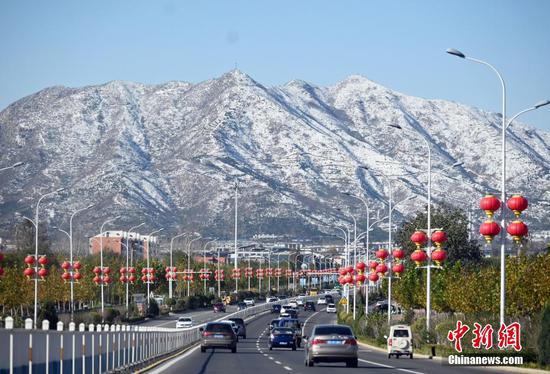

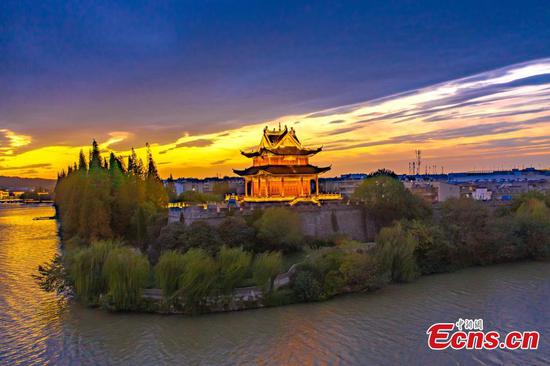

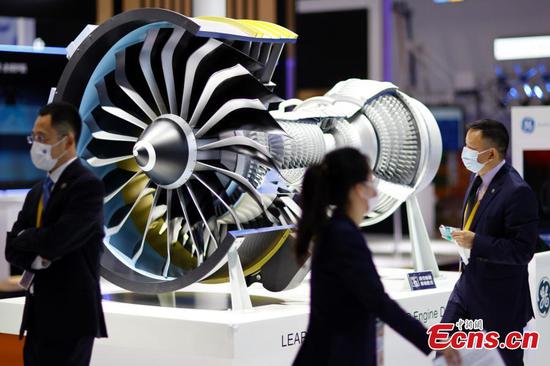





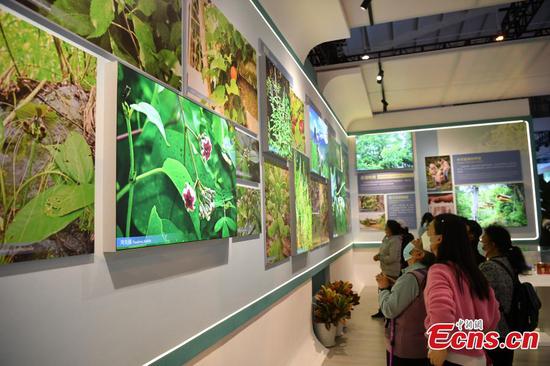



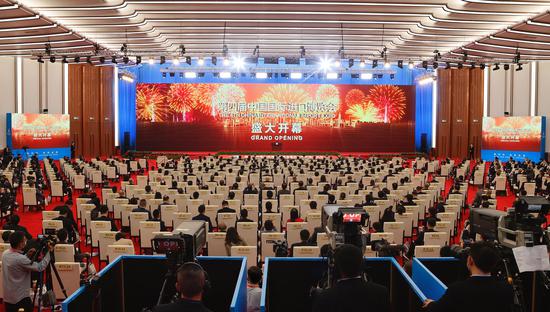
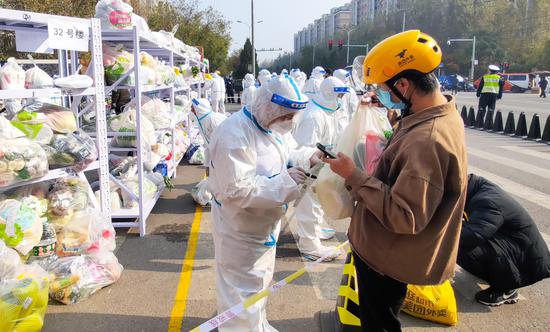

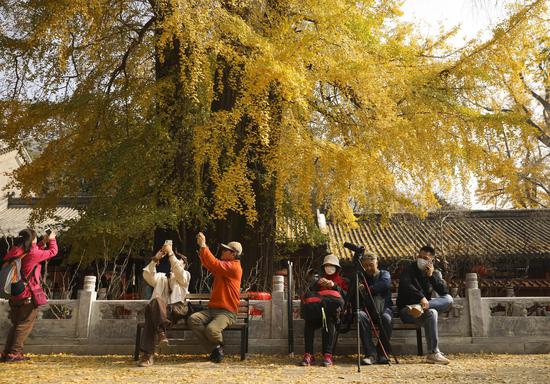

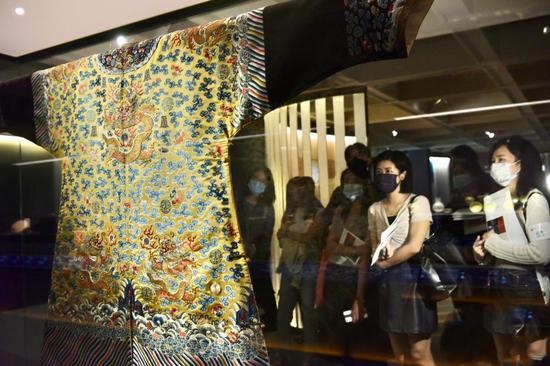





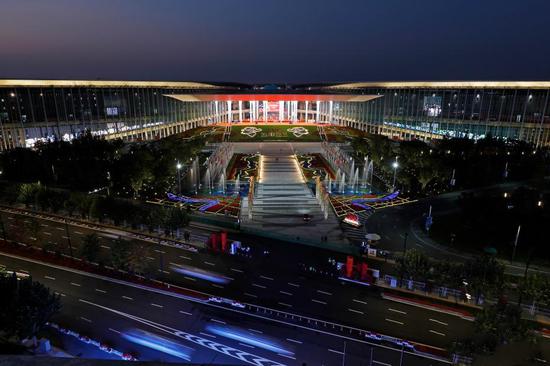






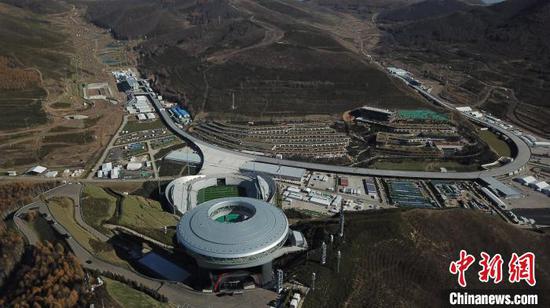


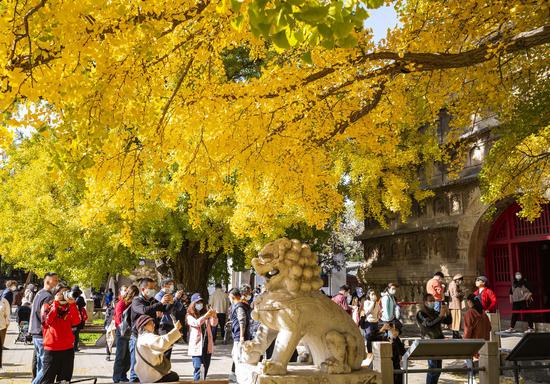





 京公網安備 11010202009201號
京公網安備 11010202009201號